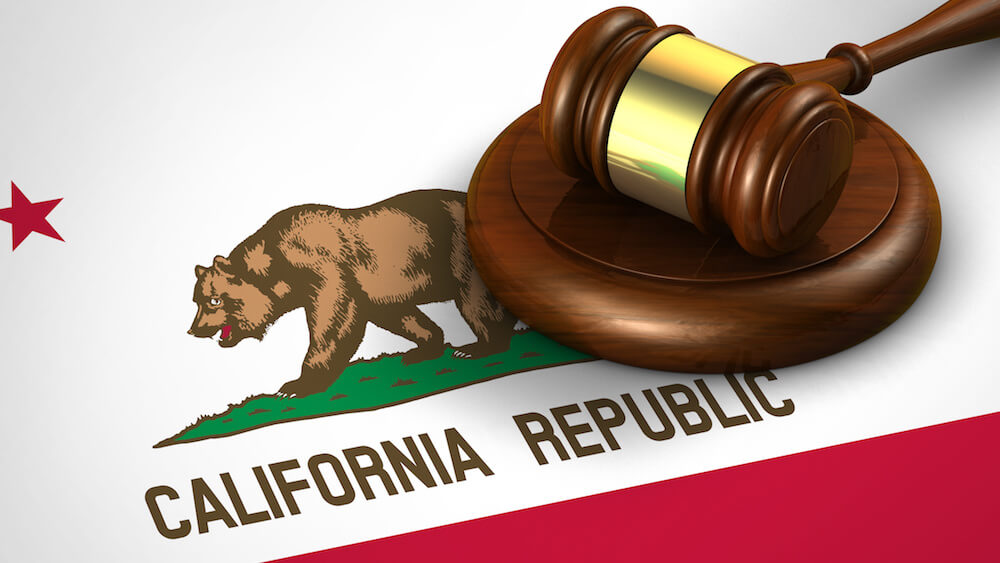California lawmakers continue to remake the employment landscape, enacting several new laws for 2022. Here are the significant new laws that human resource professionals should prepare to implement come January 1, 2022.
Expansion of Coverage and Mediation Requirements in the California Family Rights Act (AB 1033)
The California Family Rights Act (CFRA) requires employers with five or more employees to provide up to 12 weeks of leave in a 12-month period to employees who have worked for at least a year. Reasons for the leave include caring for family members with serious health conditions. Correcting what was widely perceived to have been an inadvertent omission, AB 1033 adds “parent-in-law” to the group of qualifying family members.
The new law also clarifies requirements for the pilot program that provides for mediation of disputed CFRA claims involving small employers, defined as those with five to 19 employees. If an employee of a small employer files a CFRA claim with the California Department of Fair Employment and Housing (DFEH) and requests a right to sue, the DFEH will notify the employee of the requirement to mediate if requested by any party prior to filing a lawsuit. The employee must then contact the DFEH’s dispute resolution division, which will in turn notify the employer of the right to request mediation before a lawsuit is filed.
If the employee fails to provide the employer with the required notification by not contacting the dispute resolution division before suing, the employer may get a stay of the lawsuit until the mediation is complete or deemed unsuccessful. The statute of limitations is tolled during the pendency of a mediation.
Wage Theft Potentially a Felony (AB 1003)
It has long been a misdemeanor, as well as a civil offense, for employers to wrongfully withhold wages, including tips, from employees intentionally. Upping the ante, AB 1003 makes it a felony if an employer, with intention, wrongfully fails to pay wages, including tips, in an amount greater than $950 from one employee, or $2,350 in the aggregate from two or more employees, within a 12-month period. Moreover, for the purposes of this law, independent contractors are considered employees, and entities that hire such contractors are considered employers.
An employer acts “intentionally” when it has the knowledge that what it is doing is wrong and acts with the intent of committing the wrong. Under existing law, grand theft is generally punishable either as a misdemeanor by imprisonment in a county jail for up to one year or as a felony by imprisonment in a county jail for up to three years.
Electronic Transmission of Workplace Notices Authorized (SB 657)
SB 657 is a remarkably straightforward and logical addition to the workplace notice-posting obligation: Any notice that must be posted in the California workplace may also be sent to employees as an attachment to an email.
The obligation to physically post notices in the workplace remains, but emailing the notice to employees—especially those who work remotely—is now explicitly allowed, and is a best practice.
Employers Compelled to Cooperate With DFEH Civil Rights Investigations (SB 807)
SB 807 gives the California Department of Fair Employment and Housing (DFEH) greater power to compel employer cooperation with investigations of discrimination complaints.
Previously, if a superior court denied a DFEH petition to compel compliance with an investigation, the court’s denial was subject to a writ, which the appellate court was not obligated to consider. Under the new law, the lower court’s decision will be subject to immediate, mandatory review by the appellate court. The law will also authorize courts to award attorney’s fees to a prevailing party for frivolous or unreasonable petitions or appeals.
The new law now allows the DFEH to file its civil action in:
- Any county in which it has an office;
- The county where the unlawful practice is alleged to have occurred;
- The county where relevant records are maintained;
- Any county where the complainant would have worked or would have had access to public accommodation;
- The county of the defendant’s residence or principal office; or
- Any county in the state if the civil action includes class or group allegations.
The law stops the clock on deadlines for employees to sue while the agency is conducting investigations or attempting mediation. Once an employee files a complaint with the DFEH, the deadline for an employee to sue will be tolled until either the DFEH files a lawsuit or one year after the department closes its investigation without filing a lawsuit. Although the law will apply retroactively to claims, it will not revive ones that have already lapsed due to deadlines.
Finally, under the new law, your employer must maintain employment records for four years after employee separation, instead of the previous two.
REMINDER: Minimum Wage and Salary Increase
Although not a new law, employers are reminded that on January 1, 2022, California’s minimum wage will increase to $14.00 per hour for employers having 25 or fewer employees and $15.00 per hour for employers with 26 or more employees.
Because the minimum salary threshold for exempt employees is defined as a multiple of the state minimum wage, this minimum wage increase means that the 2022 minimum salary threshold that must be paid to an exempt employee will be $1,120 per week ($58,240 per year) for smaller employers, and $1,200 per week ($62,400 per year) for larger employers. Many cities and counties have higher minimum wage rates, but the minimum salary threshold is based exclusively on state law.
